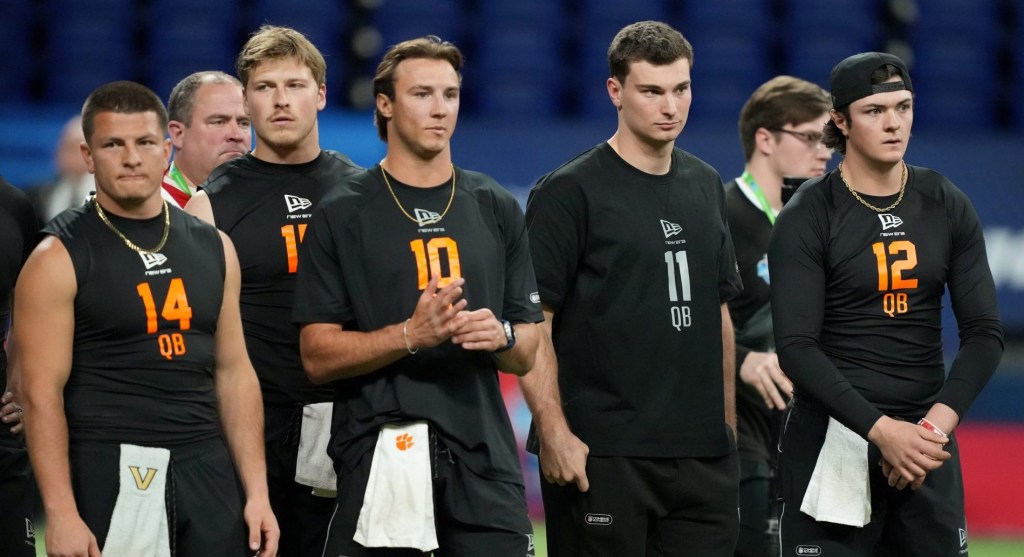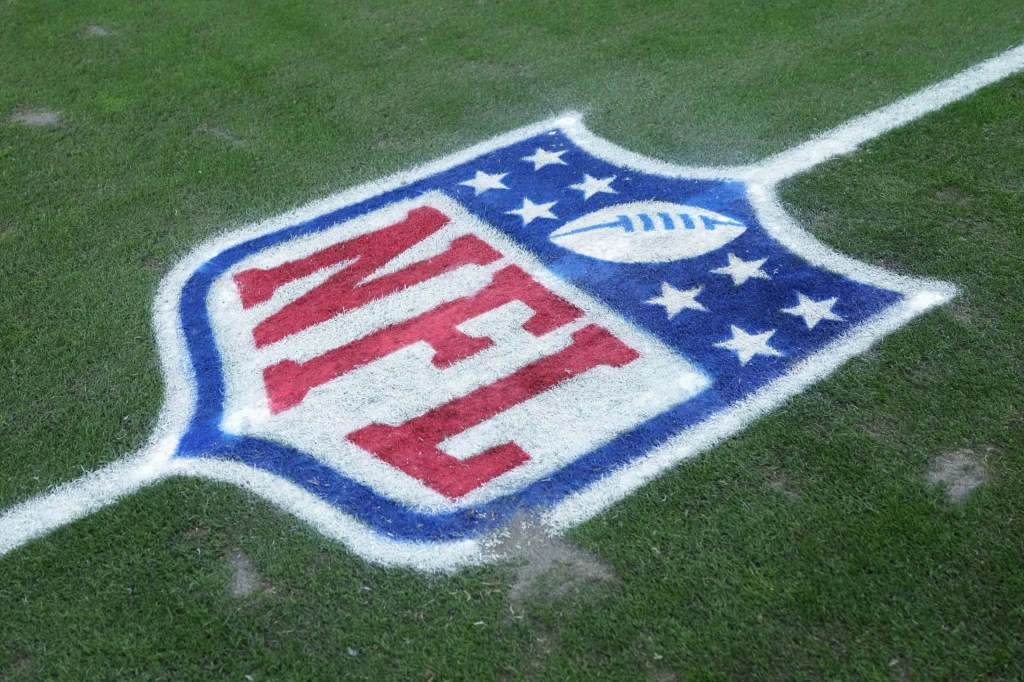Baseball history doesn’t necessarily repeat, but it certainly rhymes, and the record-breaking $765 million free-agent contract for Juan Soto is poised to create massive fallout across the sport—just as a similarly historic deal for Alex Rodriguez did more than a generation ago.
In late 2000, Rodriguez signed a 10-year, $252 million deal with the Rangers, with the then-unprecedented deal being completed at the same MLB winter meetings hotel in Dallas and with the same agent, Scott Boras, as Soto’s new deal with the Mets.
The Rodriguez deal was the highlight of a frenetic set of winter meetings that year with nearly $800 million in total player guarantees made in just a few days. The fallout from the financial largess, however, was often ugly—particularly in Texas. With Rodriguez, the Rangers suffered three straight losing seasons, as they were unable to build fully around the star shortstop, before trading him to the Yankees in early 2004, while he also later admitted to using performance-enhancing drugs during this period. By 2010, the entire Rangers franchise was sold in bankruptcy court.
MLB, meanwhile, suffered both internal and external strife as a result of the Rodriguez deal. The league went through a bruising round of labor negotiations in 2002 with the MLB Players Association, narrowly averting a work stoppage with a last-minute agreement that, among other measures, reinstated the league’s luxury tax. Many small-market team owners decried the Rodriguez deal and the growing economic disparity in the sport, and after experimenting with various formulas, MLB in 2002 also introduced a straight-pool revenue-sharing system in which each team contributed 34% of its local revenue to the pool.
Many of the reforms ultimately were helpful, though, as MLB is now enjoying unrivaled competitive parity in major U.S. pro sports with no team winning a repeat World Series title since 2000.
Back to the Future
The Soto deal threatens to bring many of those same conflicts back to the surface. Already, the league went through a 99-day lockout before reaching the 2022 labor deal with the players, and many of the sport’s large-scale economic issues are still decidedly unsettled—particularly as the local media industry continues to experience major disruption.
The current collective bargaining agreement with the players expires after the 2026 season. Already, expectations have been heavy for another complex and potentially combative round of talks—particularly as the sport’s revenue flow, though growing in the aggregate to more than $11 billion annually, is changing at an accelerating pace.
The 15-year term of the Soto deal with the Mets, also establishing a league record for its duration, will theoretically cover multiple contract periods with the MLB Players Association, a new set of national TV deals following the current ones expiring in 2028, and perhaps, an eventual reformation of that now-challenged local media landscape.
The Mets, meanwhile, could still end up with a smaller 2025 payroll than in 2024, even with the historic addition of Soto. The team currently has about $249 million in salary commitments for next year. Even with numerous roster decisions unresolved, that figure is nearly $100 million less than the team’s spending this year, thanks to numerous obligations newly coming off its books, including traded pitchers Justin Verlander and Max Scherzer and free agents such as first baseman Pete Alonso and pitcher Luis Severino, who recently signed with the A’s.
There are still some other notable commitments in place for the Mets, however, including the restructured deferral payments for the long-retired Bobby Bonilla that will continue until 2035—just four years before the end of Soto’s deal.
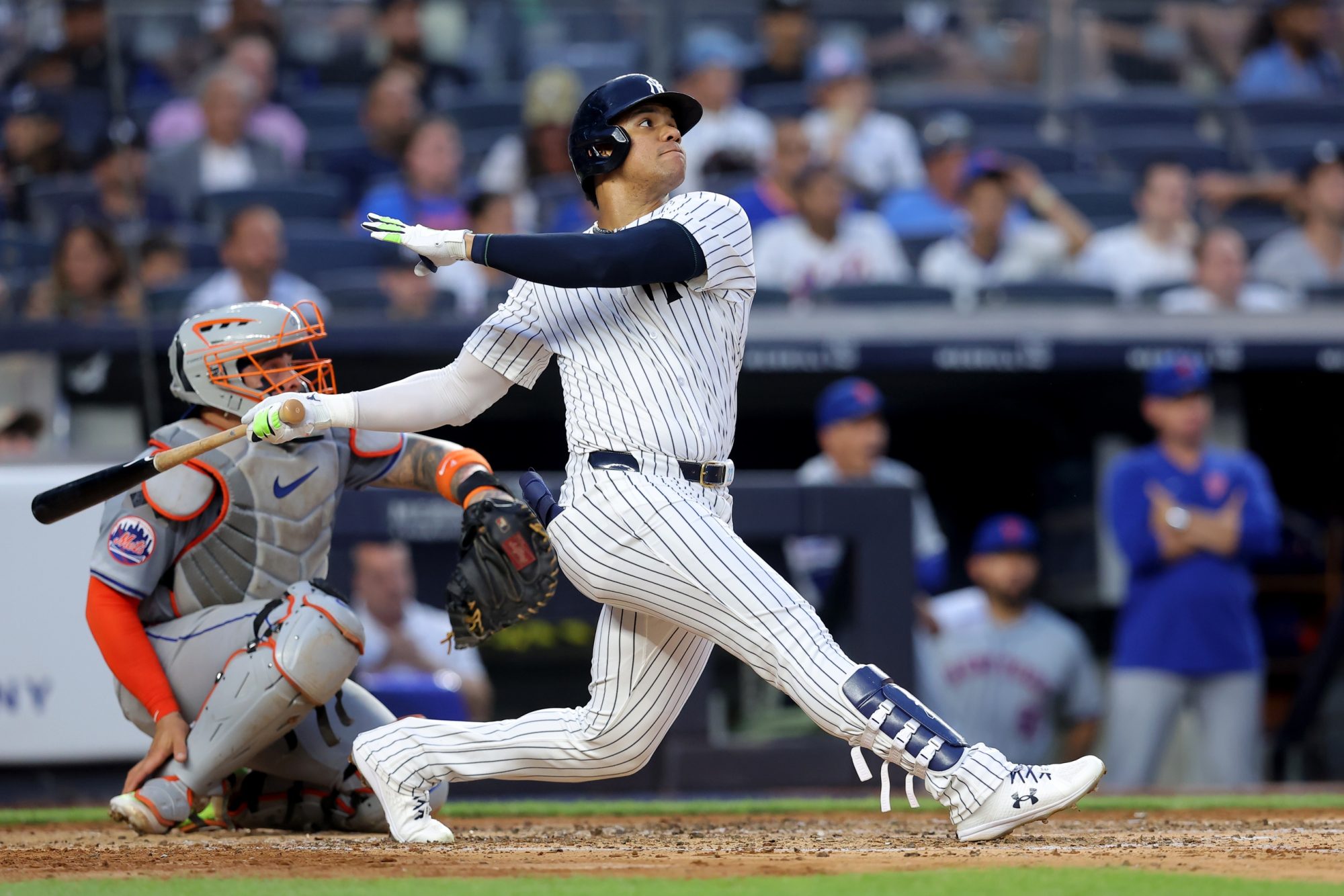

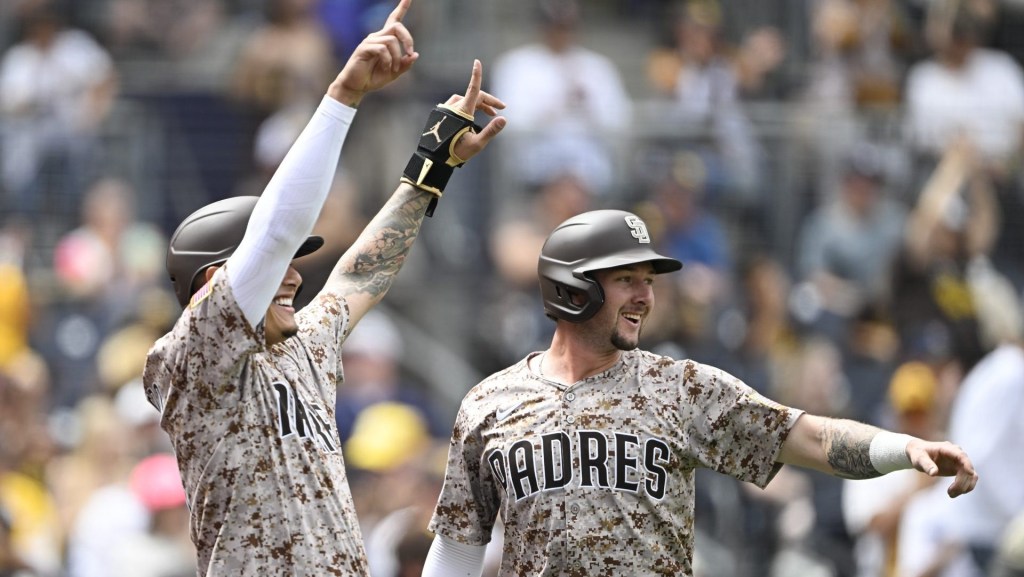
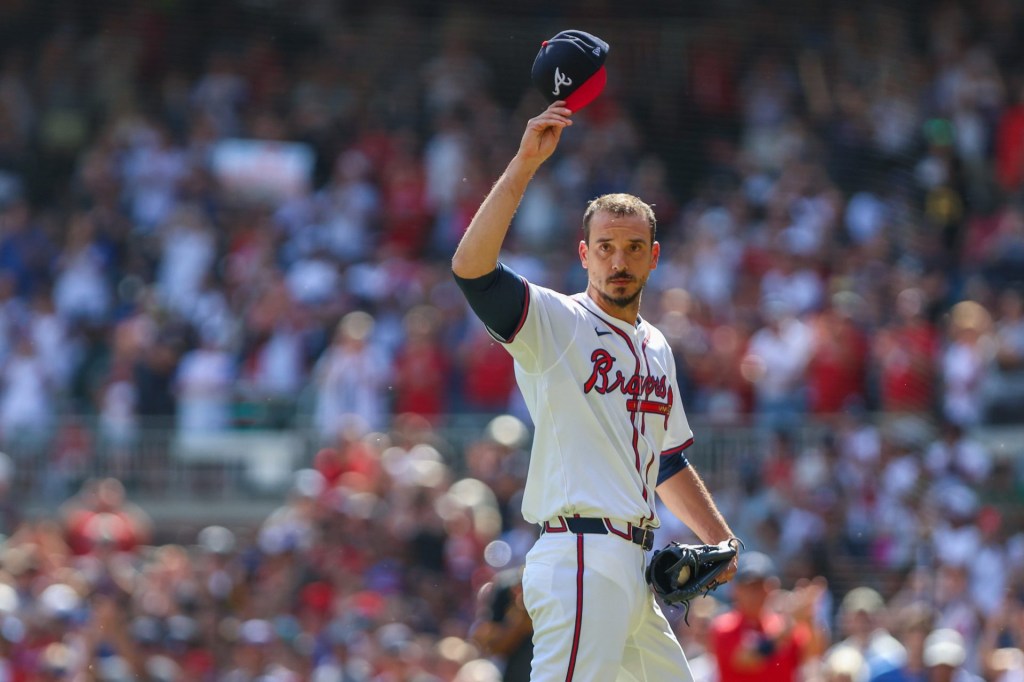
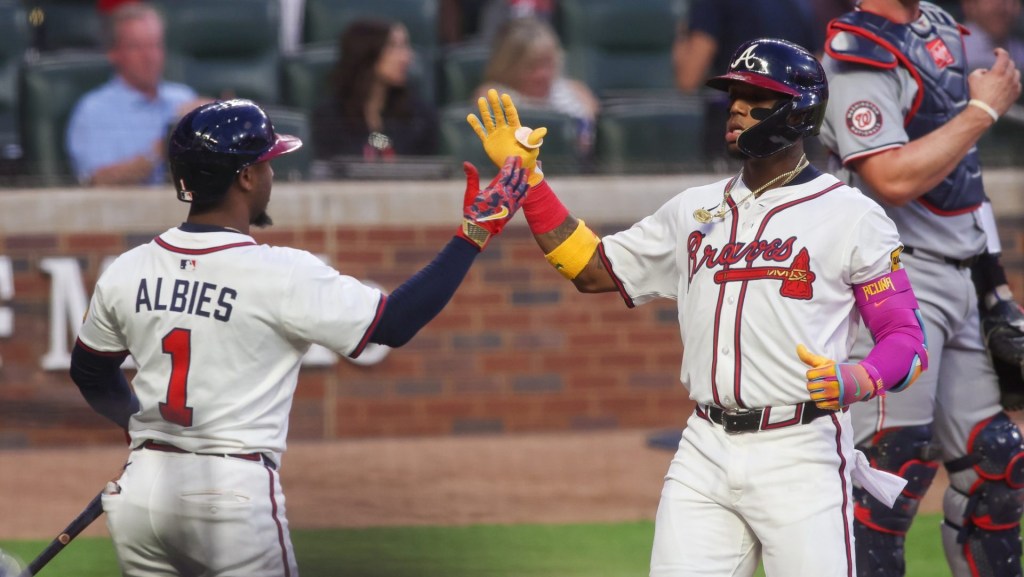

![[Subscription Customers Only] Jun 15, 2025; Seattle, Washington, USA; Botafogo owner John Textor inside the stadium before the match during a group stage match of the 2025 FIFA Club World Cup at Lumen Field.](https://frontofficesports.com/wp-content/uploads/2026/02/USATSI_26465842_168416386_lowres-scaled.jpg?quality=100&w=1024)
![[Subscription Customers Only] Jul 13, 2025; East Rutherford, New Jersey, USA; Chelsea FC midfielder Cole Palmer (10) celebrates winning the final of the 2025 FIFA Club World Cup at MetLife Stadium](https://frontofficesports.com/wp-content/uploads/2026/02/USATSI_26636703-scaled-e1770932227605.jpg?quality=100&w=1024)

![[US, Mexico & Canada customers only] Feb 6, 2026; Riyadh, SAUDI ARABIA; Jon Rahm in action during the third round of play at LIV Golf Riyadh at the Riyadh Golf Club.](https://frontofficesports.com/wp-content/uploads/2026/03/USATSI_28173562_168416386_lowres-scaled.jpg?quality=100&w=1024)
![[US, Mexico & Canada customers only] Sep 28, 2025; Bethpage, New York, USA; Team USA's Bryson DeChambeau reacts after hitting his approach on the 15th hole during the singles on the final day of competition for the Ryder Cup at Bethpage Black.](https://frontofficesports.com/wp-content/uploads/2026/03/USATSI_27197957_168416386_lowres-scaled.jpg?quality=100&w=1024)



